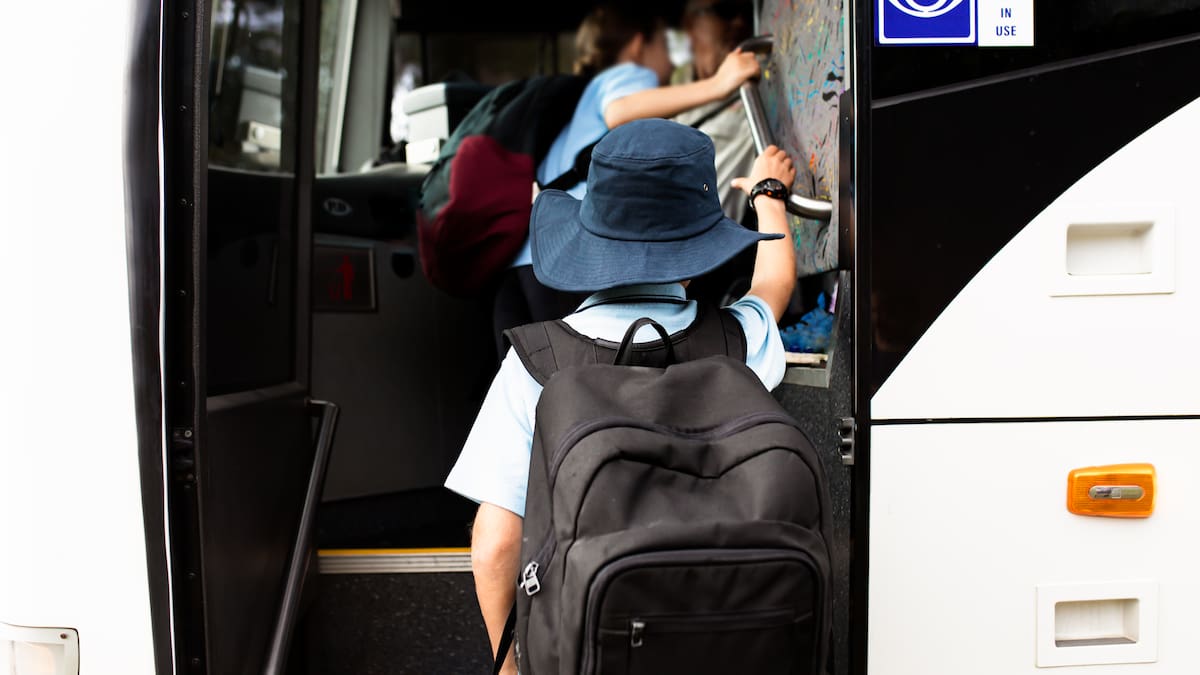In addition to the fact that punishment rarely works in any case, it really backfires with many ADHD kiddos. I invite you to casually ask about the incident – “I heard about some struggle on the bus with Janet” – and see what comes out. If your son is tight-lipped, it is okay to simply let the incident pass while you keep an eye on it. Remember: The girl told her parents (one story) who called the bus driver (another story) who talked to you (yet another story). Ask the bus driver to stay vigilant, and assure everyone that you care and you’re on it. Depending on your son’s reactivity, you could float the idea of writing an apology note to the girl, which he may resist.
What you say (or don’t) to your son depends mostly on what you hope to accomplish with it. If you speak to connect and understand, you could learn more. If you speak to punish and cast shame, you won’t yield any connection and your son will feel more defensive. ADHD children are easily prone to shame, so that’s not the goal. If you speak to your son about it, approach the conversation trying to understand and solve problems rather than assign blame.
I don’t know what happened and, while violence is never the answer to frustration, it happens with children.
What does deserve more attention is your son’s increasing anger when feeling slighted. It is quite normal for 10-year-old boys to feel uncomfortable with the level of vulnerability that comes with feeling slighted, and a common response to this discomfort is frustration. When emotions don’t have anywhere to go, they often come out as anger – and even more so for humans with impulse issues (young children, immature people, those with executive functioning issues).
To be clear, your son’s brain is doing all of this without his knowledge! Your role as his parent is to guide him toward feeling the embarrassment and moving through it without as much reactivity and anger. Your required guidance is multi-layered, variable and often confusing, so you will need support from others who are experienced with these wonderful and wonderfully challenging kids.
To begin, do a medication check with his psychiatrist or pediatrician. With puberty possibly on the way (it can begin anywhere from 9 to 14 years of age), you will want to check for proper dosage even if the medication is still effective.
Next, find a parenting group, coach or therapist who specialises in working with children with ADHD and anxiety. Your son does require some special parenting skills from you, and you deserve the support! For instance, children with ADHD respond very well to immediate rewards, but they have an even more negative reaction to punishment than a neurotypical child. There is an endless supply of excellent podcasts and books about ADHD and anxiety.
You may have already found that traditional parenting books are not going to hold the answers for you and your family, so don’t be afraid to look outside the box. I love Tilt Parenting. Psychologist Ross Greene and psychiatrists Ned Hallowell and Dawn Brown have websites with great resources. There are podcasts that focus on kids with ADHD – like from therapist Holly Moses or parenting coach Penny Williams, who also has a son with ADHD. Find someone who speaks to you.
Finally, remember that violence from a child with ADHD is rarely planned. See your son as he truly is: a kind and compassionate kid who needs to build skills of resilience and patience – not a dangerous, mean or out-of-control boy. Then you can proceed with more empathy, compassion and wisdom. He needs support, not punishment; keep that as the mantra moving forward.






